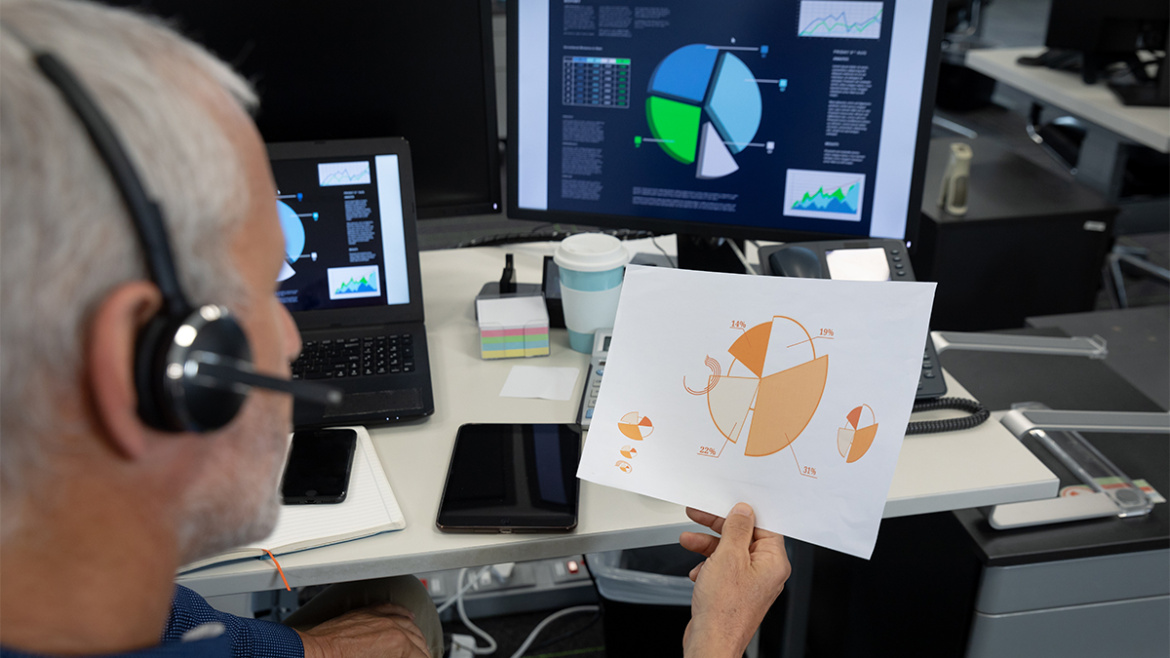Teams
Our DTP operators are divided into two specialized teams: one dedicated to European languages and another focused on bi-directional languages.
Services
Project Analysis: Prior to production, we conduct thorough material analysis to ensure completeness and identify opportunities for process enhancements. Optionally, we correct source material errors to minimize delays in multilingual projects.
Project Setup: We evaluate and establish project parameters, including verifying source materials, defining guidelines, scheduling, cost management, file handling, and configuring computer systems and tools.
Documentation: Our services include layout adjustments for translated materials, encompassing page and paragraph formatting, text styling, graphics editing, screen captures, format validation, and generating indexes and tables of contents.
Graphics: We specialize in editing graphics for various needs, such as mock-ups with translatable text, screen captures of software interfaces, and editable illustrations and animations in tools like Adobe Flash.
Quality Assurance: Our experienced DTP specialists rigorously apply quality control procedures throughout the DTP process to ensure consistent, high-quality localized products that meet our clients’ expectations.
Multilingual DTP: For projects spanning multiple languages, centralizing DTP activities ensures uniformity and leverages our extensive experience, leading to efficient cost management and consistent quality across all languages.
Training and Tools
At Lion Gate, continuous training on the latest desktop publishing software and tools is integral to maintaining our team’s proficiency and ensuring top-notch quality output. Our DTP team utilizes a range of advanced graphics and publishing software, including but not limited to FrameMaker, PageMaker, Acrobat, QuarkXPress, Illustrator, InDesign, and Photoshop, tailored to support layout typesetting in virtually every language.
Languages Supported
Our DTP specialists are adept in formatting standards and technical requirements across a wide array of languages, including European, Nordic, Eastern European, Baltic, and bi-directional languages like Arabic, Hebrew, Farsi, Urdu, and Kurdish.

